India Charts Path To Net-Zero With Comprehensive Energy Transitions Study
Updated: Apr 04, 2024 02:54:22pm
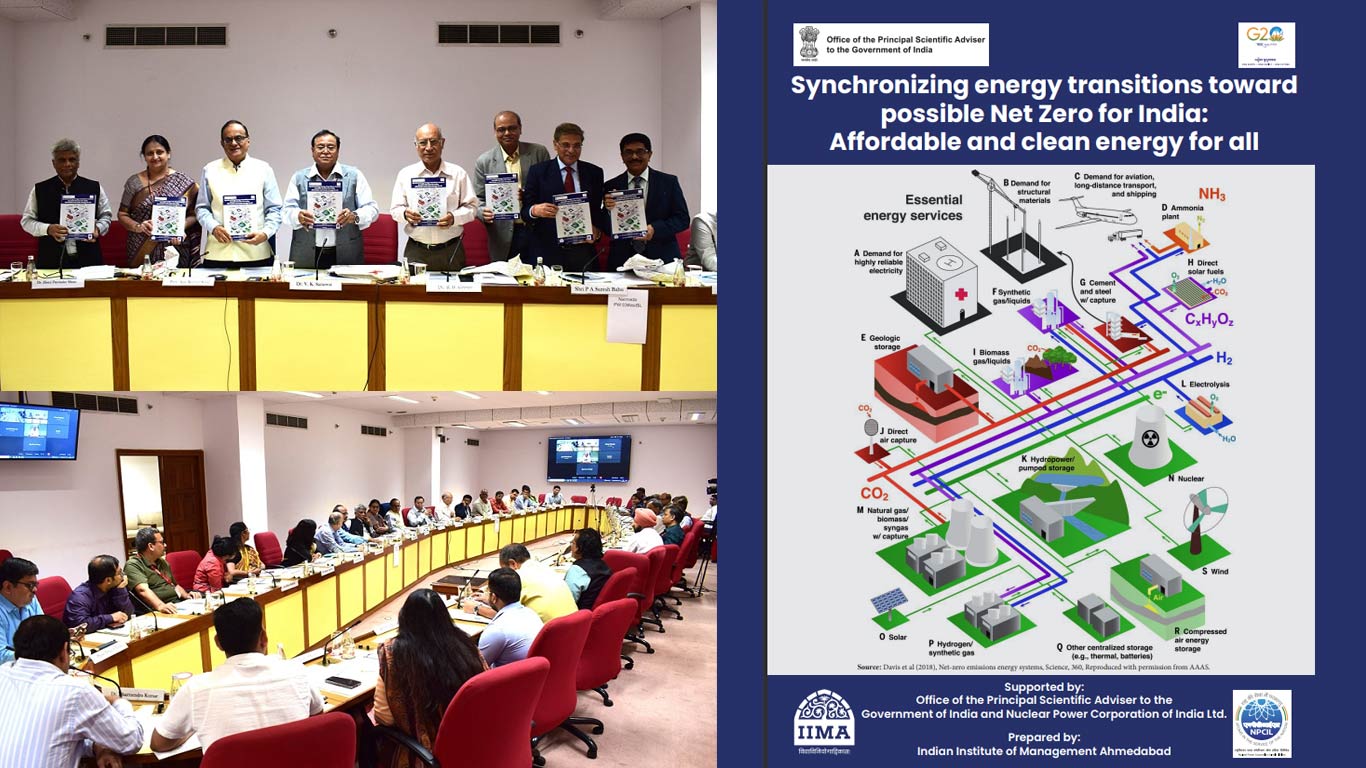
India Charts Path To Net-Zero With Comprehensive Energy Transitions Study
New Delhi, Apr 4 (KNN) A comprehensive study on India's energy transition pathways to achieve net-zero emissions by 2070 was unveiled at a high-level meeting, on Wednesday.
The report, titled “Synchronizing energy transitions towards possible Net-Zero for India: Affordable and clean energy for All,” was prepared by the Indian Institute of Management Ahmedabad (IIM-A) and sanctioned by the Office of the Principal Scientific Adviser to the Government of India.
The report attempts to answer crucial questions regarding India's energy future, such as the required energy levels to achieve a high Human Development Index (HDI), potential pathways to meet those needs, projected energy mix until 2070 (India's declared net-zero target year), cost of electricity for end-users, carbon emissions until 2070, investments needed for the net-zero transition by 2070, and challenges and opportunities related to renewable energy integration, critical mineral requirements, carbon capture utilisation and storage (CCUS), natural gas, ethanol, and hydrogen production.
The key conclusions of the report include that there is no single solution to achieve net-zero; multiple pathways involving various technologies must coexist in India's energy basket.
Coal is expected to remain the backbone of the energy system for the next two decades. Substantial nuclear power and renewable energy generation will be essential to reach net-zero by 2070. The electricity sector must decarbonize well before 2070 to achieve net-zero energy systems overall. India's emissions in 2070 are projected to range between 0.56 and 1.0 billion tonnes of CO2, with the remaining emissions offset through forestry and tree cover, as outlined in the Nationally Determined Contributions (NDCs).
The coal phase-down will necessitate active policies on critical minerals and carbon dioxide removal technologies. Clean, affordable electricity at low levelised costs can be achieved in net-zero pathways, particularly through a focus on nuclear power and renewable energy.
Widespread electrification of end-use sectors, reaching 47-52 per cent of total final electricity consumption compared to the current 18 per cent, is anticipated. Financial requirements from 2020-2070 are estimated at Rs 150-200 lakh crore (approximately USD 2-2.5 trillion or USD 40-50 billion annually), with substantial international financial flows required.
The study was launched by Prof. Ajay Kumar Sood, Principal Scientific Adviser to the Government of India, in the presence of eminent dignitaries including Dr. V.K. Saraswat, Member, NITI Aayog; Dr. A.K. Mohanty, Secretary, Department of Atomic Energy and Chairman, Atomic Energy Commission; and Dr. Anil Kakodkar, Chancellor, Homi Bhabha National Institute, who joined virtually.
Dr. Saraswat advocated transitioning from large reactors to Small Modular Reactors, industry participation, and thorium fuel promotion to reduce uranium imports in the nuclear sector.
The multi-stakeholder study provides vital inputs for clean energy policy formulation in India.
Report: https://psa.gov.in/CMS/web/sites/default/files/publication/ESN%20Report-2024_New-21032024.pdf
(KNN Bureau)

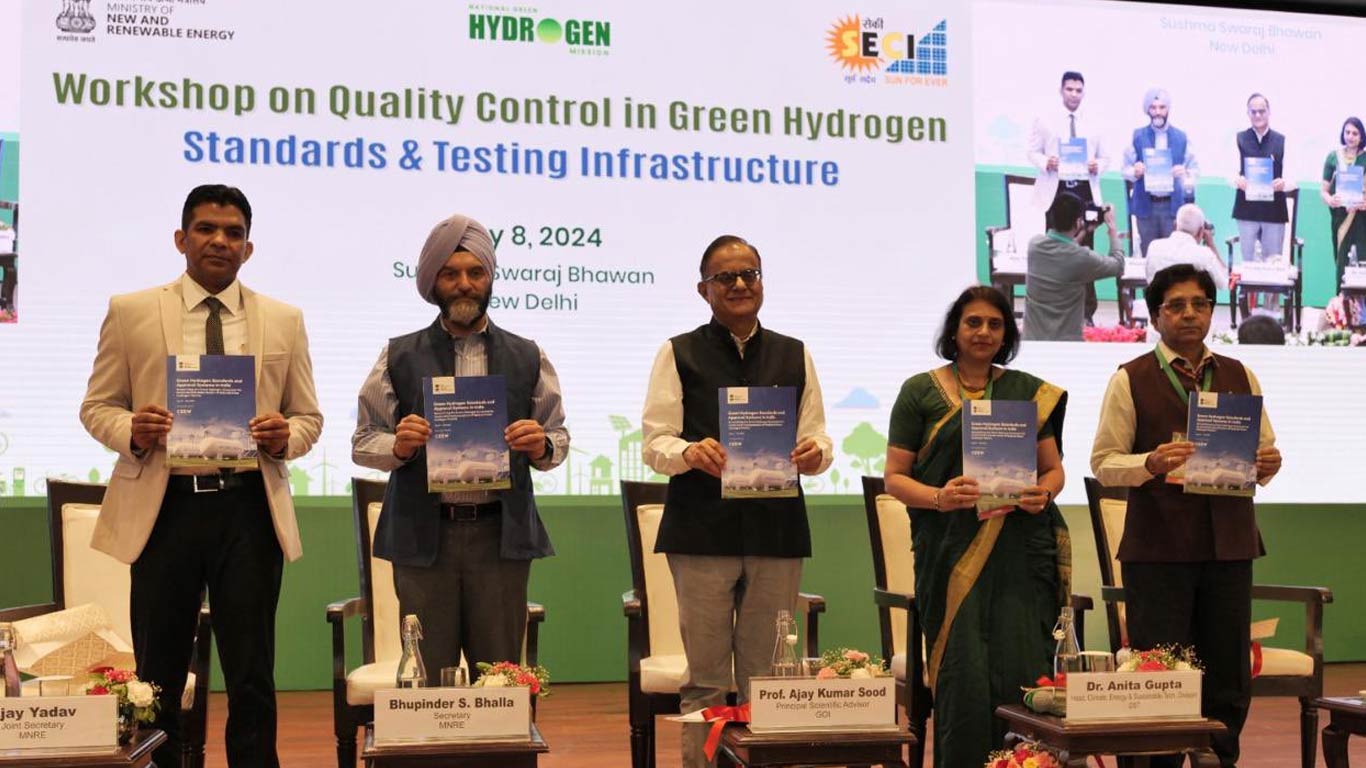
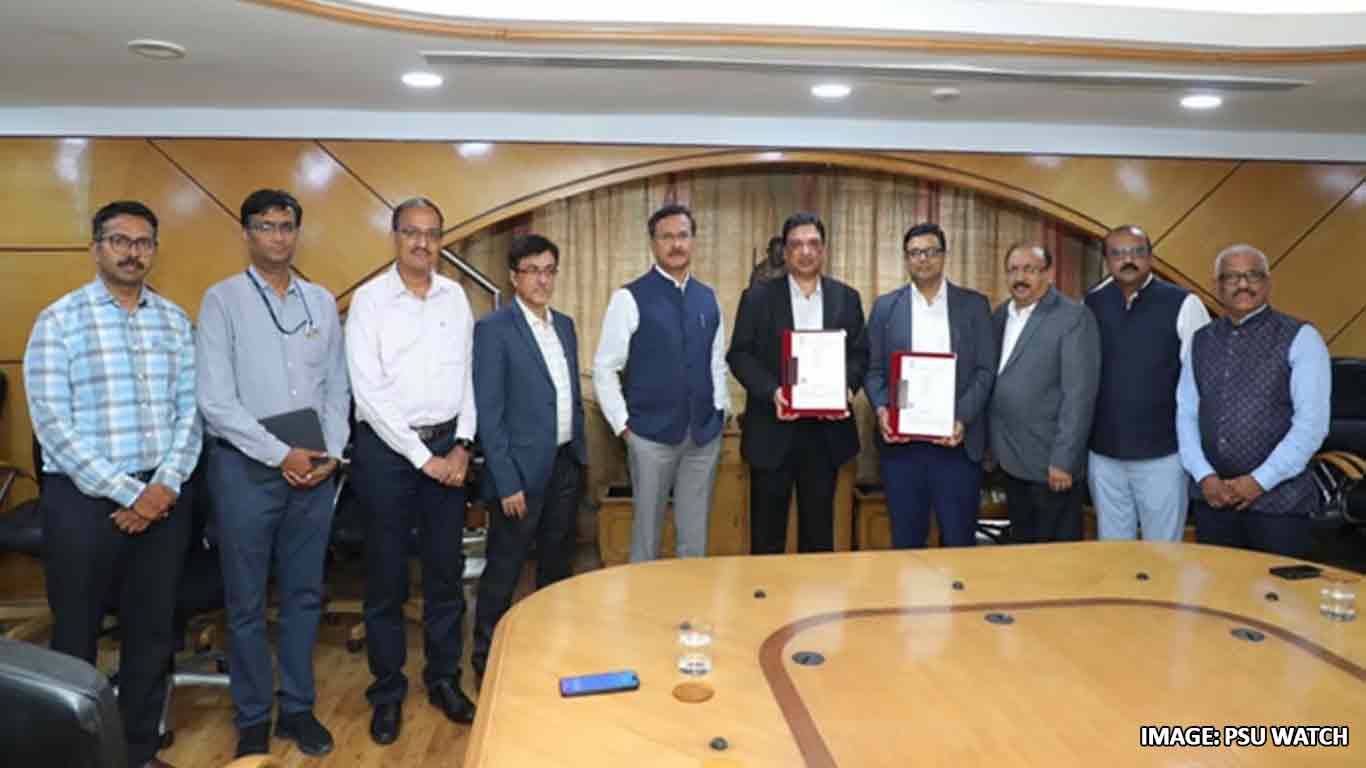
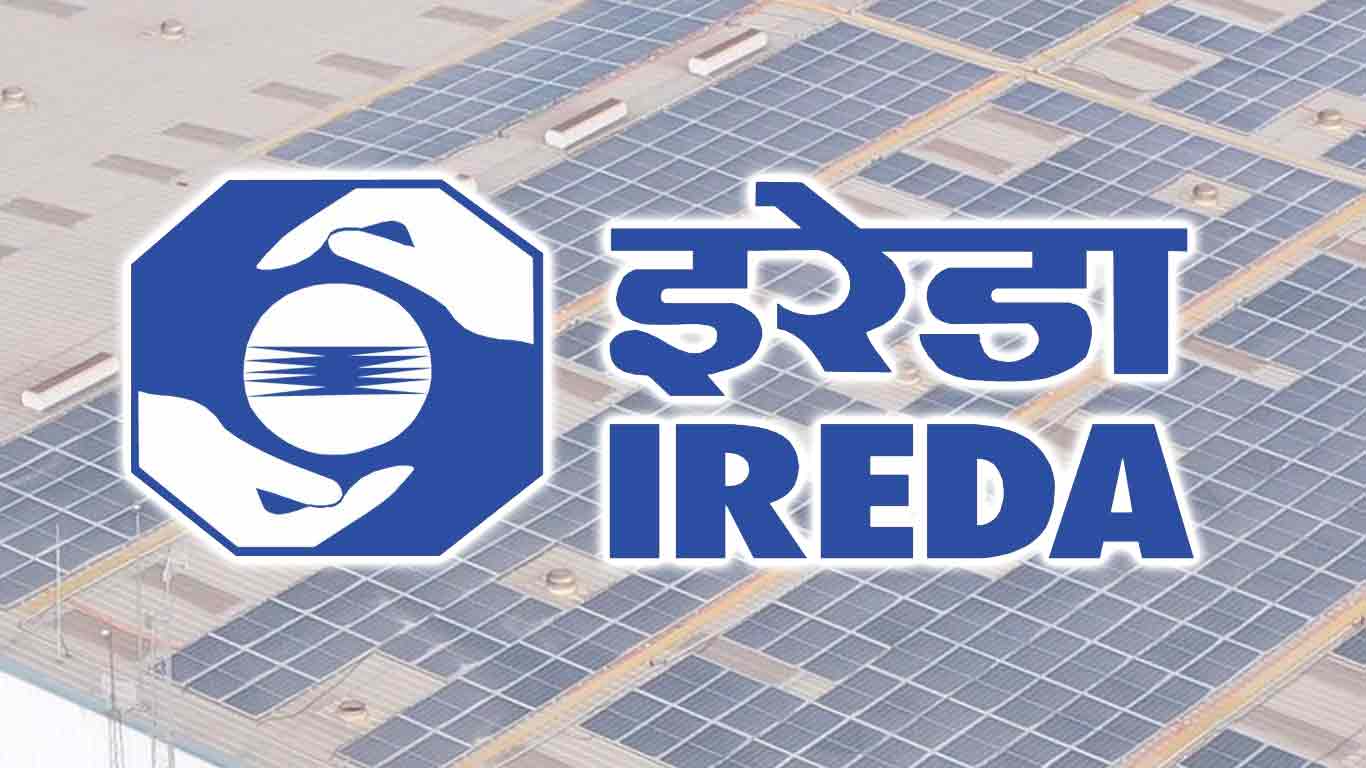
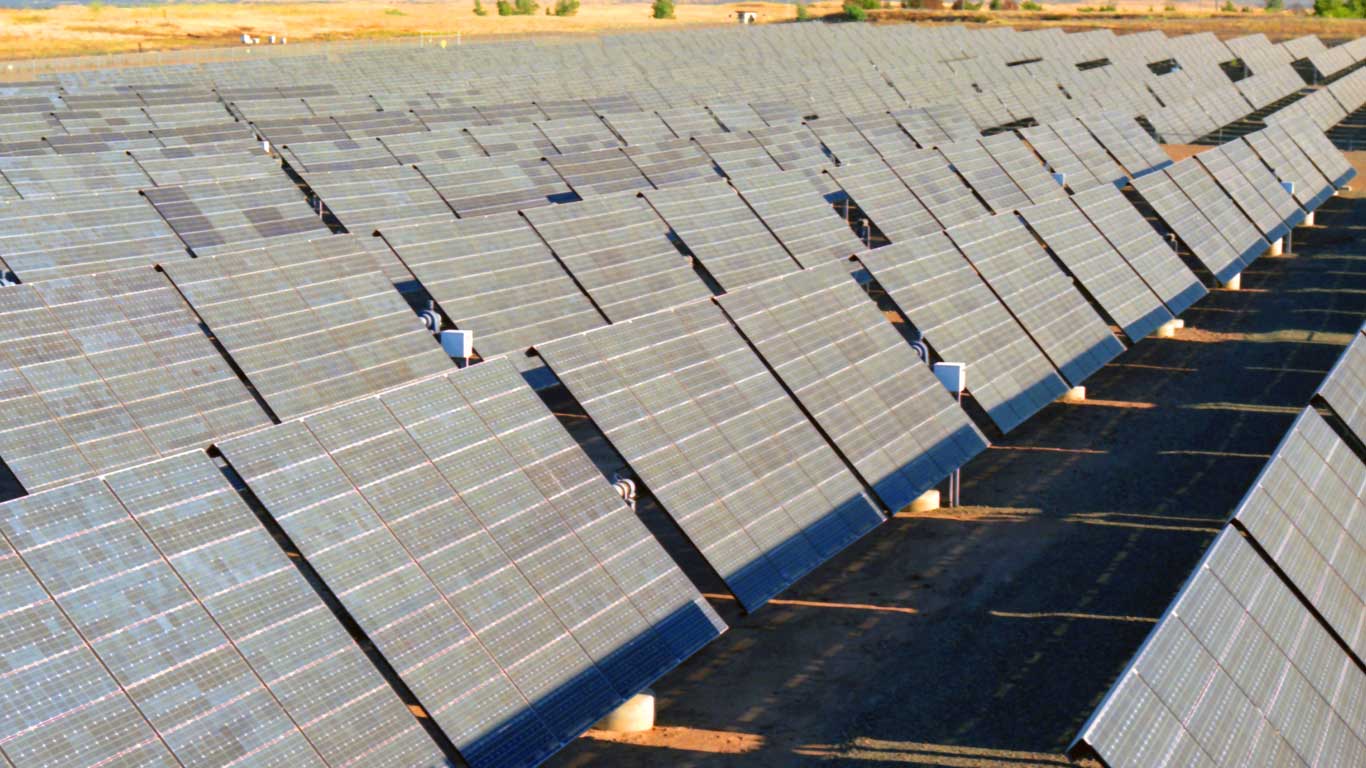
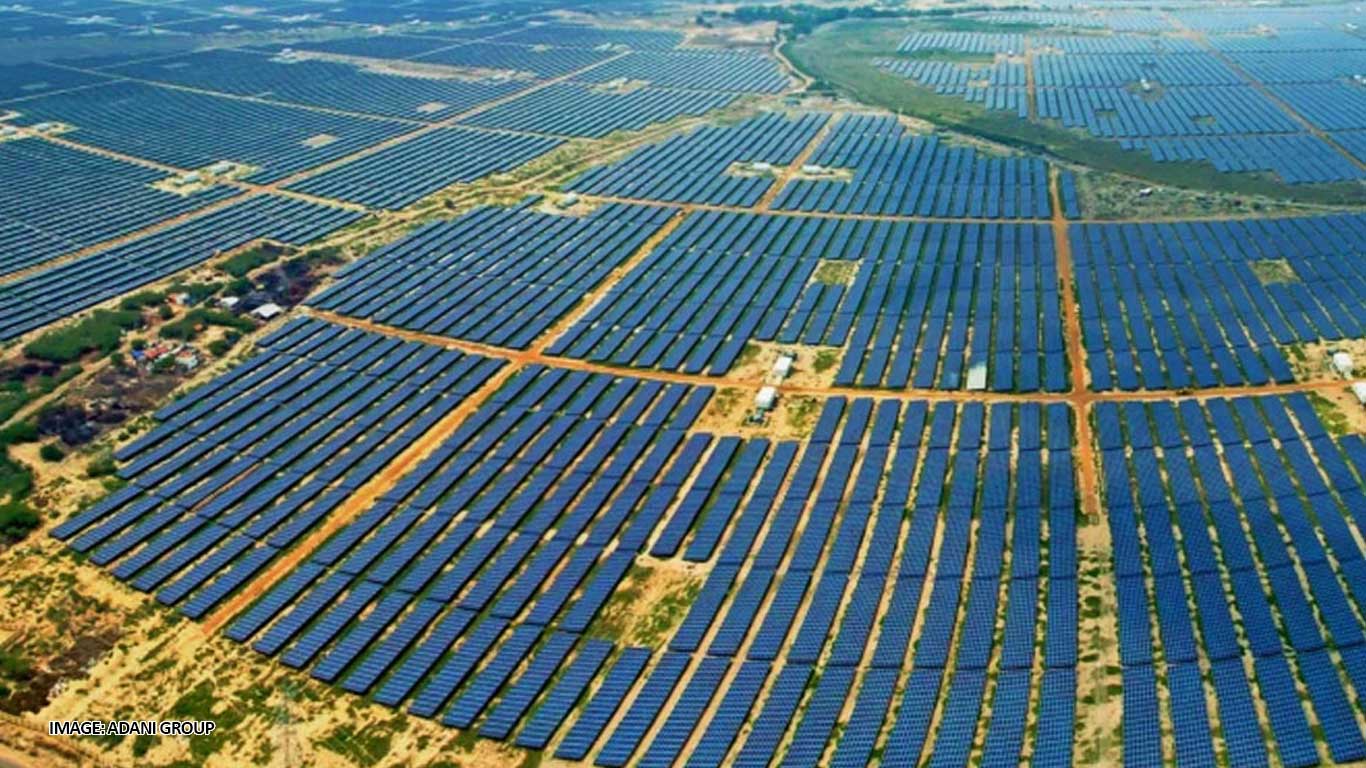





